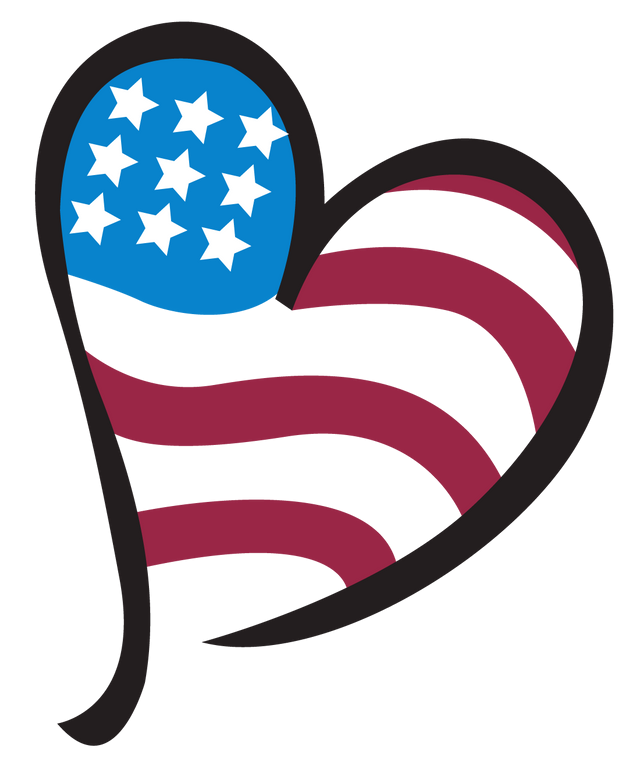Clean Hands Save Lives

Clean Hands Save Lives
"Wash your hands" How many dozens of times have you heard this? Did you stop listening to what may sound like a broken record? I ask you now to please take a minute to reflect on the real impact that unsanitary hands can have on you, your patients, and your family. MRSA infections are on the rise outside of hospitals and it is more important than ever to be diligent about hand washing. Here's a refresher for you:
Your skin constantly makes oil that stay on the surface. Germs stick to your skin by getting trapped in the oil. That is why it's important to use soap and water or an alcohol based hand sanitizer. Sanitizing gel is acceptable to use if you hands are not visibly soiled.
When to wash in the clinical setting:
- Before direct contact with patients
- Before donning sterile gloves for any procedure
- After removing gloves
- After contact with a pt's intact skin
- After contact with body fluids, excretions or mucous membranes
- If moving from a contaminated body site to clean body site during patient care
- After contact with inanimate objects (including medical equipment) in the immediate vicinity of the patient
- Before eating or after using the restroom
When to wash in the home setting:
- Before you insert or remove contact lenses
- After handling raw foods
- After you touch an animal or handle garbage
- After you blow you nose
- Whenever you care for an ill/injured person or animal
- When children return home from school or play
How you do it makes a difference!
- Use soap and warm running water
- Take at least 20 seconds to do the washing (sing Happy Birthday to yourself)
- Wash all surfaces, including wrist, palm, backs, between fingers and all around the fingernails
- Use disposable paper towels
There is no time like now to renew good habits. Let's all make it a priority to protect ourselves, our families and our patients with a personal commitment to consistently clean hands.

call for support
(630) 236-3501Email Us
[email protected]Available Time
8 A.M - 4:30 P.M. (Mon–Fri)Copyright © 2026 - American Home Health Care. All right reserved.
Powered By: Aguilera Web Design